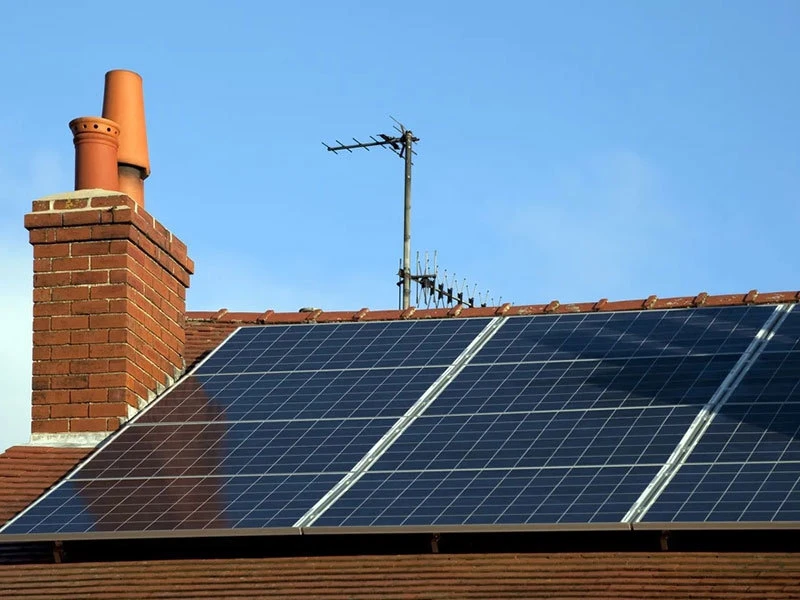Assessing Solar Panel Performance and Its Impact on Energy Efficiency
The Efficiency of Solar Panels An Overview
In recent years, the demand for renewable energy sources has soared, with solar energy emerging as a leading contender. As society seeks sustainable alternatives to fossil fuels, understanding the efficiency of solar panels becomes vital. Solar panel efficiency plays a crucial role in determining their effectiveness, cost, and environmental impact. This article explores the factors influencing solar panel efficiency, the various types of panels, and the potential advancements in solar technology.
Understanding Solar Panel Efficiency
Solar panel efficiency refers to the amount of sunlight that can be converted into usable electricity. It is usually expressed as a percentage. For example, if a solar panel has an efficiency of 18%, it means that 18% of the sunlight that strikes the panel is converted into electrical energy. The higher the efficiency rating, the more power the panel can generate from a given area, which is particularly important for space-constrained environments.
Factors Influencing Efficiency
Several factors impact the efficiency of solar panels
1. Material Composition Different materials have varying capacities to absorb sunlight and convert it into energy. The most common materials used in solar panels include monocrystalline silicon, polycrystalline silicon, and thin-film technologies.
- Monocrystalline Solar Panels These panels are made from a single crystal structure, allowing them to achieve higher efficiency rates, typically between 15% to 22%. Their uniform appearance and compact size make them ideal for residential applications where space is limited.
- Polycrystalline Solar Panels Composed of multiple silicon crystals, these panels are generally less efficient, averaging around 13% to 16%. While they are more affordable to produce, their overall performance diminishes in lower light conditions.
- Thin-Film Solar Panels These panels are made by depositing thin layers of photovoltaic material on a substrate. They are lightweight and flexible, but their efficiency typically ranges from 10% to 12%.However, they perform better in high-temperature conditions and low-light situations.
efficiency of the solar panel

2. Temperature Solar panel performance can also be affected by temperature. While solar panels are designed to harness sunlight, excessive heat can reduce their efficiency. Most panels experience a drop in output as temperatures rise; thus, selecting panels that maintain efficiency in warmer climates is crucial.
3. Angle and Orientation The angle at which solar panels are installed plays a significant role in their ability to capture sunlight. Panels should be positioned to face the sun directly for optimal performance. Seasonal adjustments, tracking systems, and proper tilt angles can enhance energy production.
4. Shading Any obstruction that casts shadows on solar panels can drastically reduce their efficiency. Trees, nearby buildings, or other structures can block sunlight, making it essential to consider the installation site’s layout carefully.
5. Maintenance Dust, dirt, and debris accumulation on the surface of solar panels can hinder their ability to absorb sunlight effectively. Regular cleaning and maintenance are necessary to ensure panels operate at peak efficiency.
Future of Solar Panel Efficiency
The quest for higher efficiency continues, with researchers and manufacturers focusing on innovative technologies. Bifacial solar panels, which capture sunlight on both sides, have gained popularity and can offer enhanced efficiency. Additionally, advancements in materials, such as perovskite solar cells, promise to push the efficiency boundaries even further, with laboratory tests already indicating potential efficiencies exceeding 25%.
Moreover, the integration of smart technologies and artificial intelligence into solar energy systems can optimize performance by adjusting to environmental changes and predicting energy needs.
Conclusion
The efficiency of solar panels is a critical determinant of their effectiveness as a renewable energy solution. With ongoing advancements in technology, there is increasing potential for solar panels to provide clean, sustainable energy more efficiently than ever before. As society continues to embrace renewable energy sources, understanding and improving solar panel efficiency will play a pivotal role in our transition to a sustainable energy future. As we harness the power of the sun, continuous innovation and informed decisions will ensure that we maximize our renewable energy potential.
-
Unlocking Energy Freedom with the Off Grid Solar InverterNewsJun.06,2025
-
Unlock More Solar Power with a High-Efficiency Bifacial Solar PanelNewsJun.06,2025
-
Power Your Future with High-Efficiency Monocrystalline Solar PanelsNewsJun.06,2025
-
Next-Gen Solar Power Starts with Micro Solar InvertersNewsJun.06,2025
-
Harnessing Peak Efficiency with the On Grid Solar InverterNewsJun.06,2025
-
Discover Unmatched Efficiency with the Latest String Solar InverterNewsJun.06,2025







